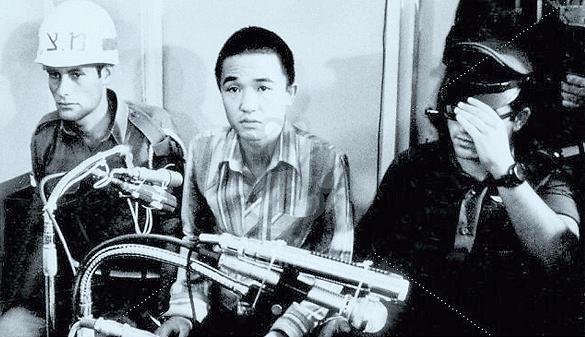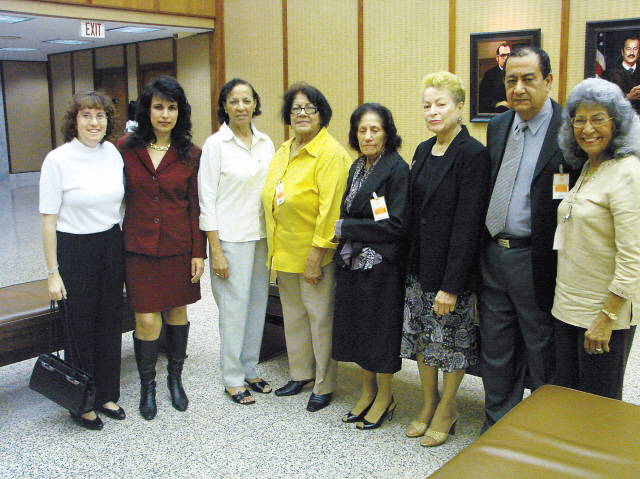NBC's Jim Miklaszewski reports that a Russian military ship carrying troops is on its way to Syria to protect a Russian deep water port.
Russia is sending armed troops to Syria amid escalating violence there, United States military officials told NBC News Friday, in a move certain to frustrate Western efforts to put pressure on the regime of President Bashir Assad.Moscow has sent a ship carrying a small contingent of combat forces to guard Russia’s deep-water port and military base at the Syrian city of Tartus, the US officials said.
Days before President Barack Obama's meeting with Russian President Vladimir Putin, there has been a war of words between the U.S. and Syria's longtime military supplier. NBC's Andrea Mitchell reports.
It comes after the conflict was declared by France on Wednesday to be a full-blown civil war.The head of the U.N. observers in Syria said Friday a recent spike in bloodshed is derailing the mission to monitor and defuse more than a year of violence and could prompt the unarmed force to pull out.
"Violence over the past 10 days has been intensifying willingly by the both parties, with losses on both sides and significant risks to our observers," Maj. Gen. Robert Mood told reporters in Damascus. "The escalating violence is now limiting our ability to observe, verify, report as well as assist in local dialogue and stability projects."
Tartus is one of Russia’s most strategically-important assets, giving it military access to the Mediterranean Sea.
Russia and China, both permanent members of the U.N. Security Council with veto power, frustrated attempts by key Western figures, including Secretary of State Hillary Clinton, to enforce a United Nations peace plan brokered by special envoy Kofi Annan....
...Russia, ...has come under increasing criticism from the West for arms deliveries to Syria ...Russia says it is fulfilling existing contracts for air defense systems against external attacks. ...at least nine Mi-25 helicopters were sent to Russia's Baltic exclave of Kaliningrad to be repaired by Oboronservis, owned by the Defense Ministry.
At least two ships carrying Russian weapons have reportedly travelled to Syria since the beginning of the year...
*Reuters contributed to this report. Jim Miklaszewski is the chief Pentagon correspondent for NBC News.







